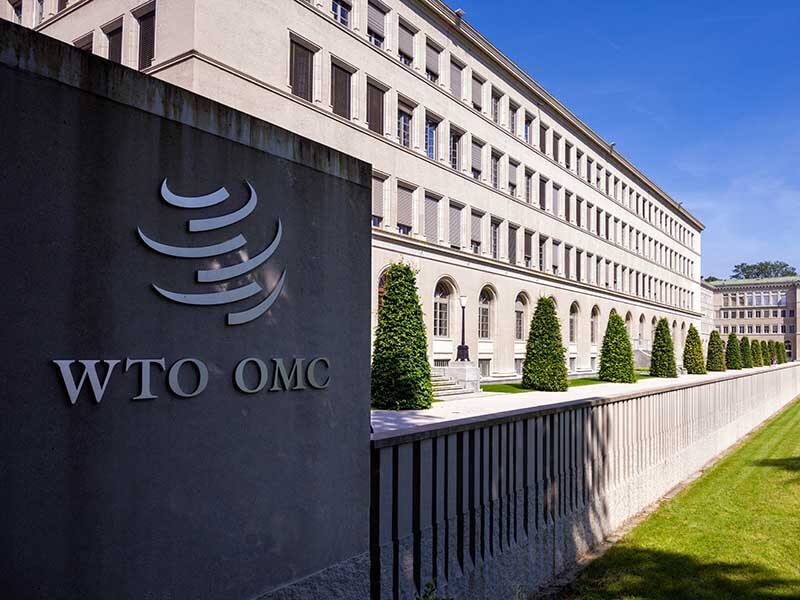The World Trade Organization (WTO) believes Ripple and XRP can play a vital role in reducing the cost of international business transactions.
Reducing the Cost Burden of International Trade Using Ripple (XRP)
According to a WTO report published on Wednesday (October 3, 2018), Ripple and the XRP cryptocurrency can play a vital role in the emerging cross-border trading landscape. A portion of the report reads:
Ripple has ambitions to circumvent the correspondent banking model through its distributed ledger platform. It gives banks the ability to convert funds directly into different currencies in a matter of seconds and at little to no cost, without relying on correspondent banks.
Already, Ripple has set about pursuing an aggressive expansion scheme, getting banks and other financial institutions to use its decentralized ledger framework. With the greater adoption and more improved utilization of the XRP cryptocurrency, the cost of international trade can be materially diminished.
This cost reduction is achieved by bypassing banks and clearing houses that charge fees for their payment processing services. Instead, businesses can rely on XRP and the Ripple ledger to expedite international payments at little or no cost.

Small and Medium Scale Businesses Adopting Blockchain Payment Systems
The report also highlighted the difficulty faced by businesses in areas that don’t have adequate access to banking services. Using Nigeria as an example, the report identified the hassle faced by small businesses when engaging in the import/export business.
Due to decades of government failure and poor economic policies, access to forex in many African countries remains an issue. However, the report said that by embracing blockchain payment channels like Bitcoin, these businesses could connect to partners across the globe.
Commenting on the potential of blockchain payments, WTO Director-General, Roberto Azevêdo said:
Beyond easing trade in goods, digital technologies can facilitate services trade and enable new services to emerge. The Report predicted that the share of services trade could grow from 21 percent to 25 percent by 2030.
Despite the unique value propositions inherent in the emerging blockchain narrative, the report mentioned that blockchain payment systems still lagged their mainstream counterparts in the volume of transactions handled per second. The WTO report also identified regulatory roadblocks and lack of technical expertise as other issues plaguing the wide adoption of blockchain technology.
What do you think about the WTO report on blockchain utility in international trade? Let us know your thoughts in the comment section below.
Image courtesy of Youtube, Shutterstock



